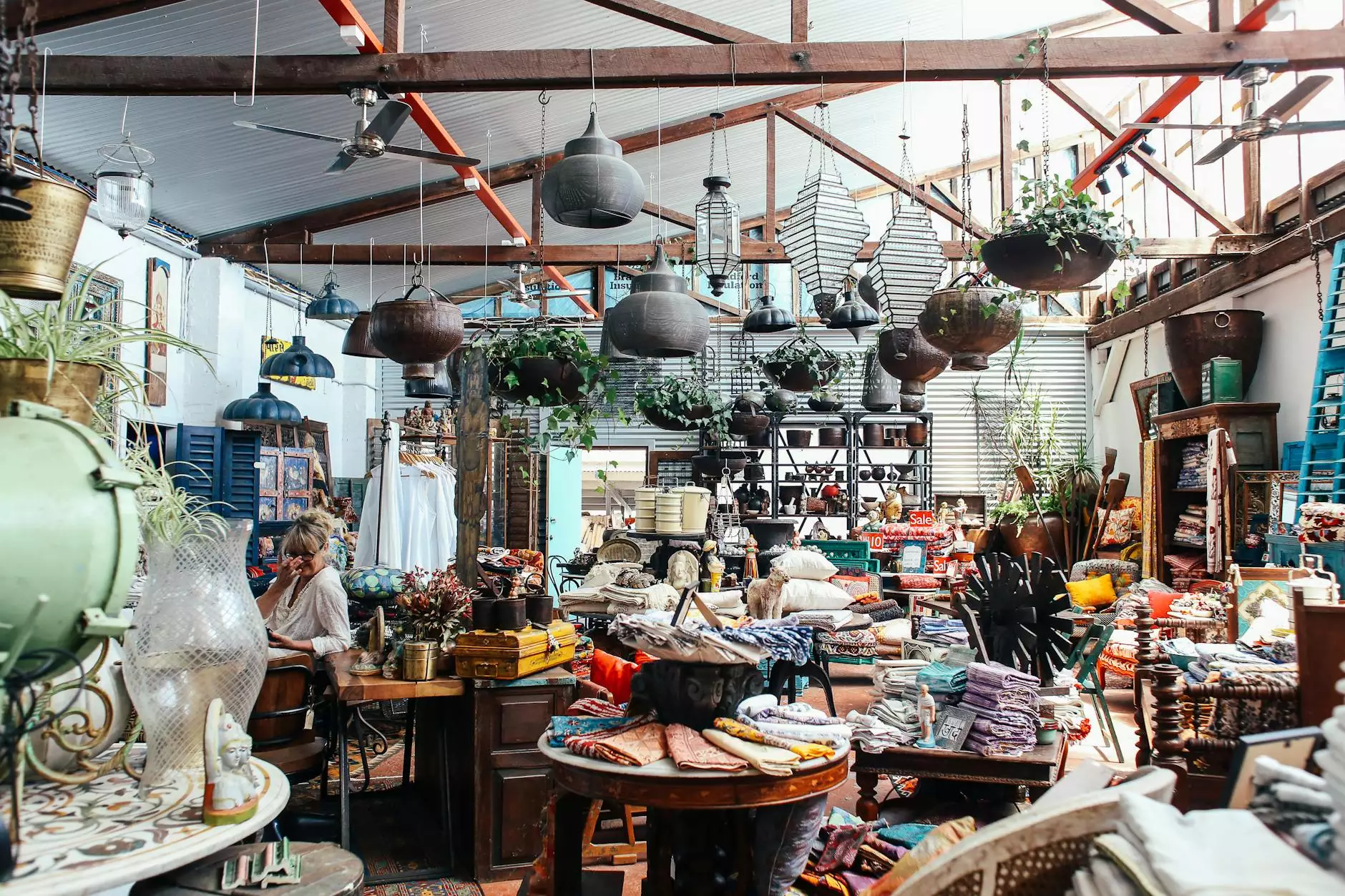The Vital Role of a **Sugar Seller** in the Global Market

In today's fast-paced economic landscape, the role of a sugar seller has become more crucial than ever. Sugar, derived primarily from sugarcane and sugar beet, is not just a sweetener; it is an essential ingredient in various products across industries including food and beverage, pharmaceuticals, and cosmetics. This article delves deep into the fascinating world of a sugar seller, examining their responsibilities, market dynamics, and how they can provide a competitive edge in business.
Understanding the Market Dynamics of Sugar Supply
As a sugar seller, it’s imperative to understand the dynamics of the sugar market. The global sugar market is influenced by a multitude of factors, including:
- Global Demand and Supply: The demand for sugar varies significantly across different regions and seasons, driven by consumer preferences and dietary trends.
- Government Policies: Tariffs, subsidies, and trade agreements can greatly influence sugar prices and availability, making it crucial for sugar sellers to stay informed.
- Technological Advancements: Innovations in farming and processing techniques can affect the quality and cost-efficiency of sugar production.
- Health Trends: Growing awareness about sugar's impact on health has prompted a shift toward alternatives, impacting demand patterns.
The Importance of Quality in Sugar Supply
In the role of a sugar seller, quality assurance is paramount. Quality sugar not only enhances the taste of food products but also contributes to overall consumer health and satisfaction. The following factors are crucial in ensuring sugar quality:
- Source of Sugar: High-quality sugar comes from reputable suppliers who adhere to rigorous agricultural practices.
- Processing Methods: Advanced processing techniques that preserve the natural qualities of the sugar ensure a superior product.
- Storage Conditions: Proper storage facilities are essential to maintain sugar's integrity and prevent contamination.
Types of Sugar Offered by a Sugar Seller
Sugar sellers typically offer various types of sugar to cater to diverse customer needs. Here are some popular types:
- Granulated Sugar: The most common form used in households and industries alike.
- Brown Sugar: A popular choice for baking, with its distinct molasses flavor.
- Icing Sugar: Finely powdered sugar used for frosting and decoration.
- Raw Sugar: Less refined and retains more of the natural molasses.
- Specialty Sugars: Such as coconut sugar and palm sugar, gaining traction due to health benefits.
Building Relationships in the Sugar Industry
A successful sugar seller knows that building strong relationships with both suppliers and customers is essential. This involves:
Engaging with Suppliers
Maintaining a network of reliable suppliers ensures a consistent quality of sugar while minimizing costs. Key strategies include:
- Regular communication to monitor crop yields and pricing.
- Establishing long-term contracts to secure favorable terms.
- Participating in industry events to strengthen supplier relationships.
Understanding Customer Needs
Listening to customers is critical for a sugar seller. This can be achieved through:
- Soliciting feedback on product quality and availability.
- Offering customized solutions tailored to specific industry requirements.
- Implementing loyalty programs to retain customers and encourage repeat business.
Efficient Distribution Channels for Sugar Sellers
The distribution process is pivotal to a sugar seller’s business model. Efficient logistics ensure that the product reaches the market on time and in good condition. This involves:
Optimizing Supply Chain Management
By streamlining supply chain operations, a sugar seller can reduce bottlenecks and improve delivery times. Key practices include:
- Investing in technology for better inventory tracking.
- Collaborating with logistics companies for effective transportation.
- Utilizing data analytics to forecast demand and adjust inventory accordingly.
Leveraging E-commerce Opportunities
Online platforms present exciting opportunities for sugar sellers to reach broader markets. Considerations include:
- Creating a user-friendly website to showcase products.
- Utilizing online marketing strategies such as SEO and social media advertising.
- Exploring partnerships with e-commerce platforms for increased visibility.
The Future of Sugar Selling
The sugar industry is continuously evolving, influenced by several trends that sugar sellers must adapt to:
Health-Conscious Consumerism
With rising concerns over sugar consumption, there’s a growing demand for healthier alternatives. Sugar sellers need to:
- Explore and offer natural sweeteners.
- Educate consumers about the benefits of different sugar types.
- Stay informed about regulatory changes regarding sugar labeling.
Environmental Sustainability
Environmental considerations are increasingly influencing consumer choices. Strategies include:
- Implementing sustainable farming practices.
- Reducing carbon footprints through improved logistics.
- Promoting eco-friendly packaging solutions.
Conclusion
In summary, the role of a sugar seller is not only vital in supplying a fundamental commodity but also critical in shaping the future of the food industry. By focusing on quality, fostering relationships, optimizing distribution, and adapting to market trends, sugar sellers can achieve significant success. As the landscape continues to evolve, those who innovate and embrace change will lead the way in the sweet business of sugar.
For more information about the best sugar suppliers, visit brazilsugartopsuppliers.com.









